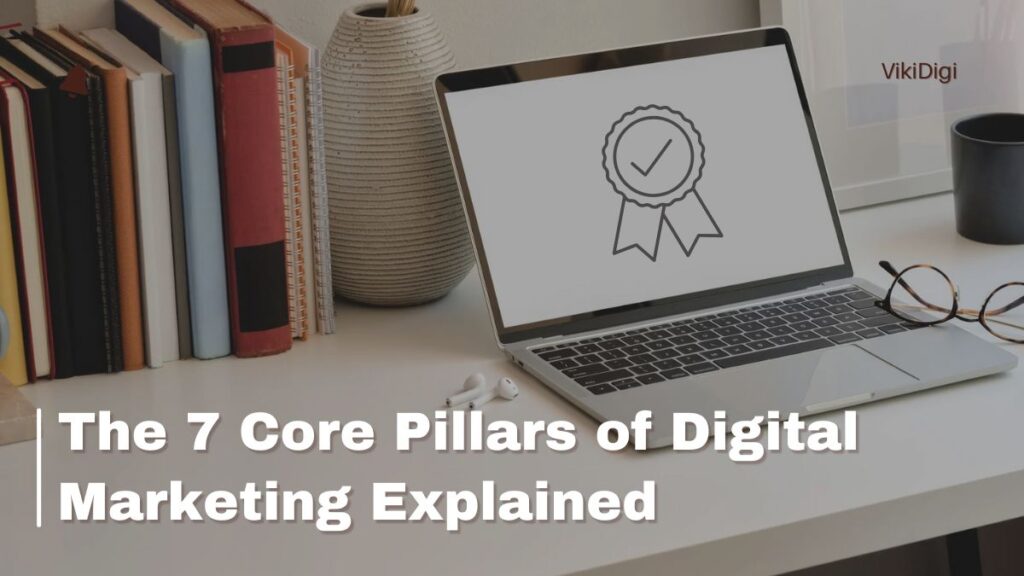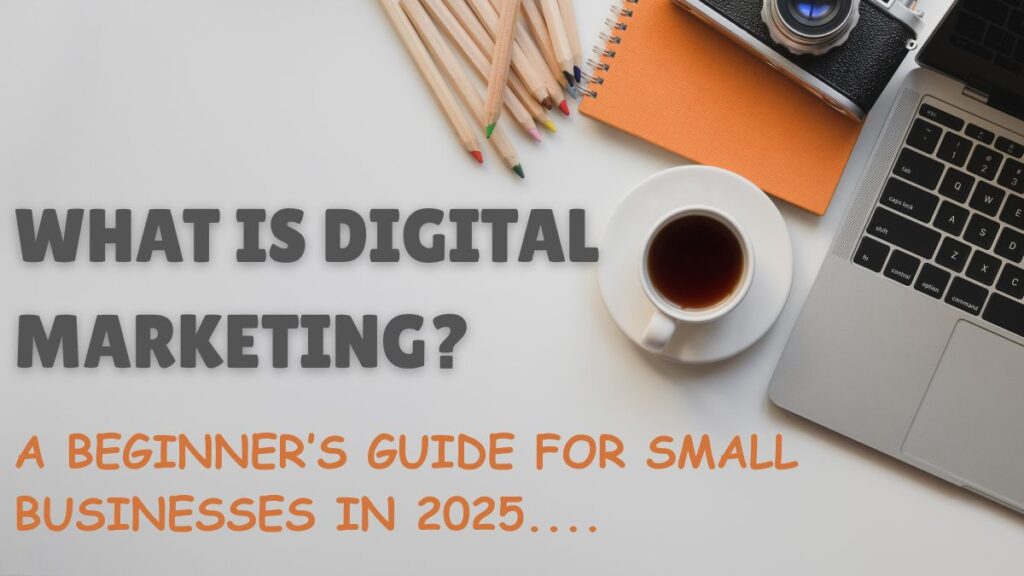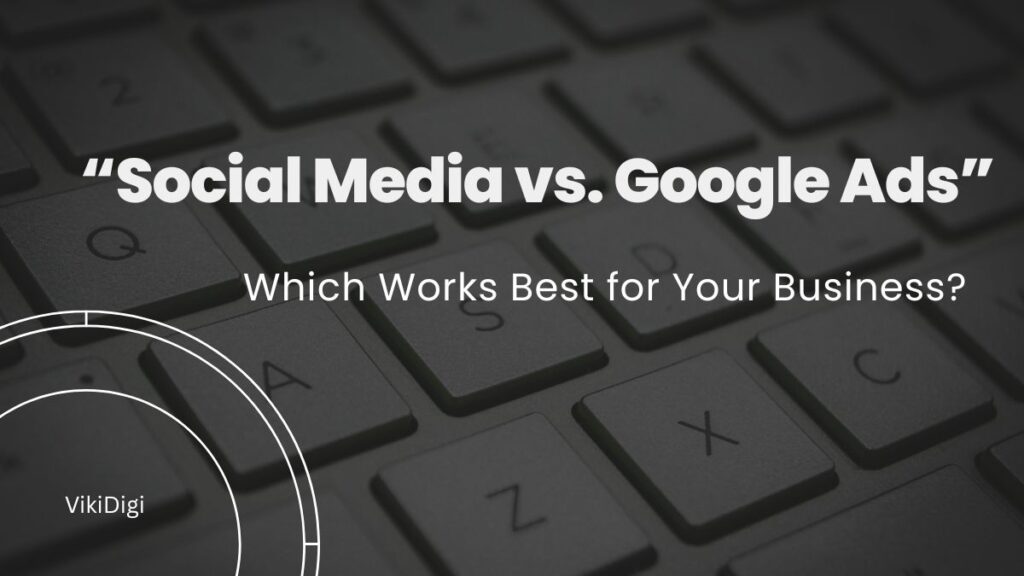In 2025, digital marketing is no longer a “nice-to-have” — it’s the foundation of business growth. But with so many tools, platforms, and strategies out there, it’s easy to get lost. To simplify things, marketers often refer to the 7 core pillars of digital marketing — the essential building blocks that, when combined, can help any business grow online.
- Search Engine Optimization (SEO)
Definition: The process of improving your website so it appears higher in search results on Google and other search engines.
Why It Matters: 75% of people never scroll past the first page of search results. SEO helps you get free, consistent traffic.
Key Actions:
- Use keyword research tools to find what your audience is searching for
- Create high-quality, informative content
- Optimize meta titles, descriptions, and images
- Build backlinks from trusted websites
- Social Media Marketing (SMM)
Definition: Promoting your brand and engaging with customers on social media platforms like Facebook, Instagram, LinkedIn, and X (Twitter).
Why It Matters: Over 4.9 billion people use social media worldwide — your audience is already there.
Key Actions:
- Choose platforms where your audience spends the most time
- Post engaging content (videos, reels, infographics)
- Run targeted ad campaigns to boost reach
- Respond quickly to comments and messages
- Pay-Per-Click (PPC) Advertising
Definition: A paid model where you run ads and pay only when someone clicks on them.
Why It Matters: PPC offers instant visibility and can drive targeted traffic to your site within hours.
Key Actions:
- Run Google Search Ads for high-intent keywords
- Use Facebook and Instagram Ads for brand awareness
- Track conversions to ensure your ROI is positive
- Content Marketing
Definition: Creating valuable, relevant content to attract and engage your target audience.
Why It Matters: Content builds trust and positions you as an expert in your industry.
Key Actions:
- Publish blog posts, videos, podcasts, and infographics
- Focus on solving customer problems
- Use storytelling to connect emotionally with your audience
- Email Marketing
Definition: Sending targeted, personalized emails to prospects and customers.
Why It Matters: Email marketing has an average ROI of $42 for every $1 spent.
Key Actions:
- Build an email list with lead magnets (free guides, discounts)
- Segment your audience for personalized campaigns
- Automate follow-up sequences to nurture leads
- Influencer Marketing
Definition: Partnering with influencers (people who have a strong following) to promote your brand.
Why It Matters: Influencers have established trust with their audience, which can quickly transfer to your brand.
Key Actions:
- Identify influencers in your niche
- Choose between macro, micro, or nano influencers depending on budget
- Track engagement and conversion from influencer campaigns
- Affiliate Marketing
Definition: A partnership where affiliates promote your products and earn a commission for every sale.
Why It Matters: You pay only for results, making it a low-risk marketing strategy.
Key Actions:
- Create an affiliate program
- Provide marketing materials to affiliates
- Track sales through affiliate links
Final Thoughts
The 7 pillars of digital marketing work best when combined into one cohesive strategy.
For example, SEO can bring in organic traffic, social media can build engagement, PPC can drive instant leads, and email marketing can nurture those leads into customers.

At Vikidigi, we help businesses master all 7 pillars for maximum growth.


